The affliction of Tzaraat, commonly translated as leprosy, described in the Parashah this week, is not a bodily disease, but the physical manifestation of a spiritual malaise, the result of selfish pride and slander.
Many people erroneously think that speaking the truth, even if it is derogatory is not considered to be Lashon Harah, slander. In fact, slander consists of speaking negatively about someone whether it is true or false. If what is said is not true, then it is an added offense of lying.
There is an exception, however, that one may tell an untruth if it will restore harmony between husband and wife or between friends. It is said of the high priest Aaron, that if he knew of two people who had a falling out, he would approach each one separately and say, “I just spoke to your friend and he deeply regrets having said those harsh words to you and wants to apologize but is so embarrassed because of what he said that he does not have the courage to approach you.” The next time the two people met, each one assumed the other person was remorseful but too shy to apologize so each initiated an overture to mend fences.
A person can tell the truth and do wrong or tell an untruth and have the merit of making peace.
The afflicted person, therefore, was brought in front of Aaron from whom he can learn that if making peace allows one to lie then how great an offense it must be to make enmity even if it’s the truth.



